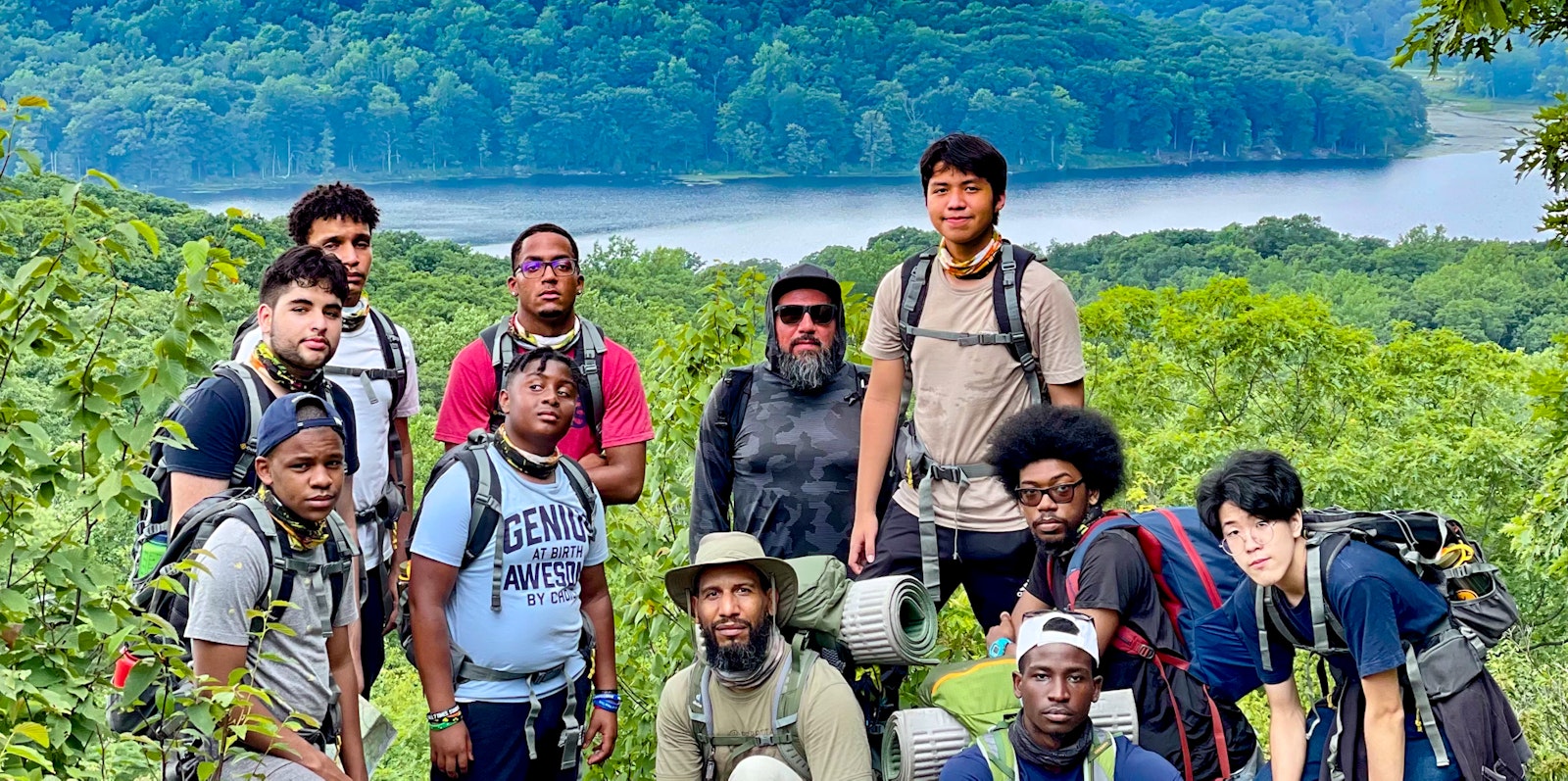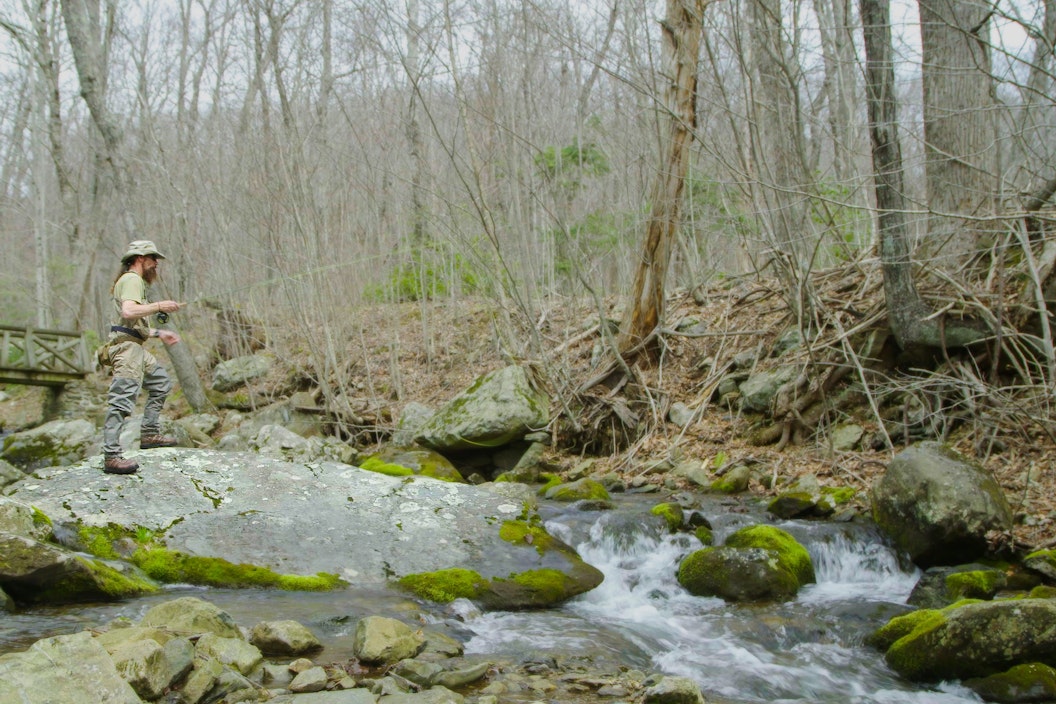
Gone Fishing
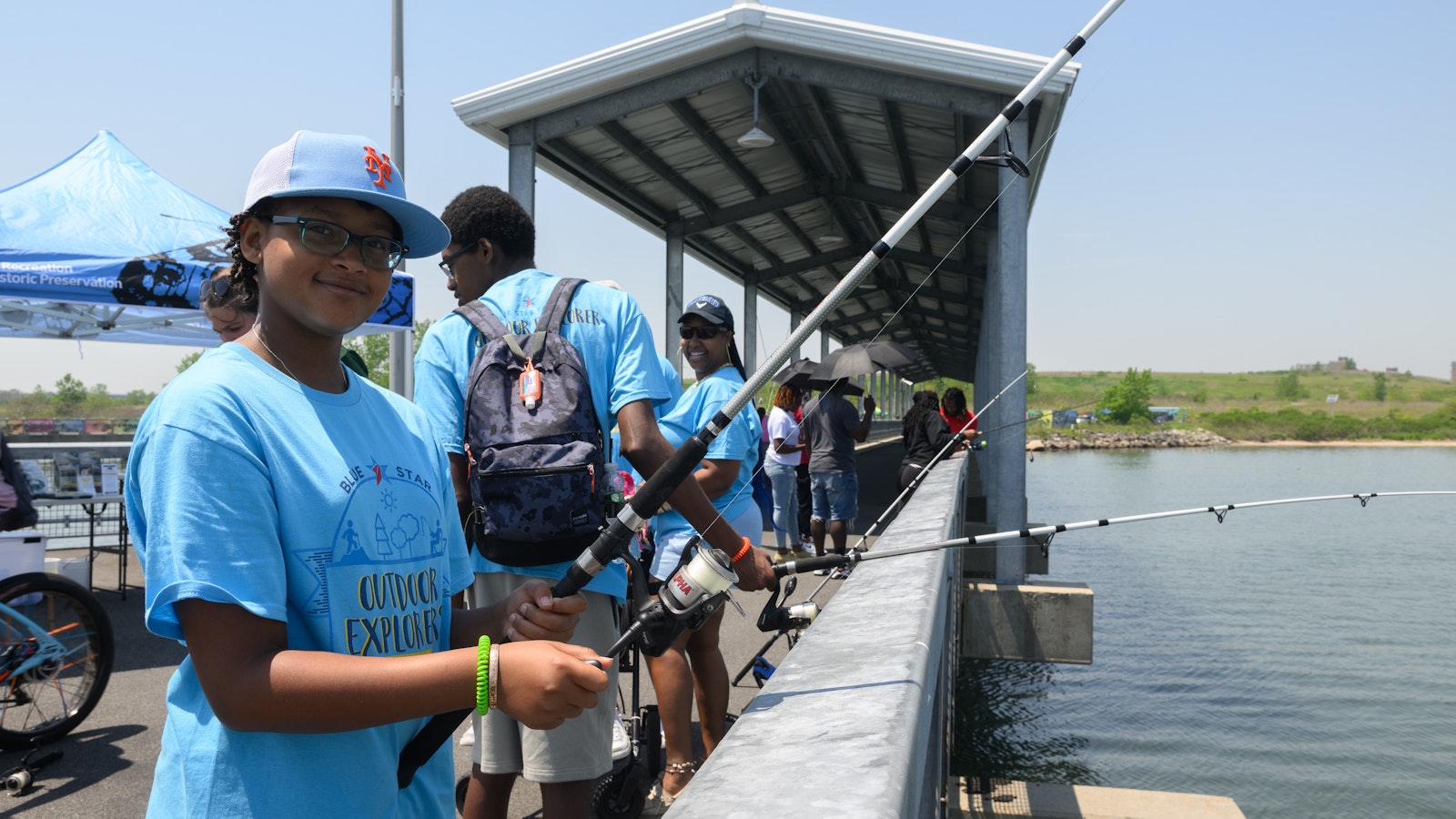
.
.
The Rawlinsons have moved seven times in the last 10 years. They’ve lived on both coasts and have been as close as 350 miles and as far as 2,500 miles away from their original home in Cleveland, Ohio.
And they aren’t the only ones. Approximately 600,000 families move in response to military orders each year. It’s par for the course as a military family, says Nicole Rawlinson, manager of Welcome Programs at Blue Star Families and spouse of an active-duty Navy officer.
And with each permanent change of station, or as military families call them, “PCS,” comes new schools, new doctors, and the need to tap into a new community.
For Rawlinson’s family and many other military families, one of the few constants is a connection to the outdoors. While they trade cacti for pine trees and mountains for beaches across moves, wherever they go, they can always find a park.
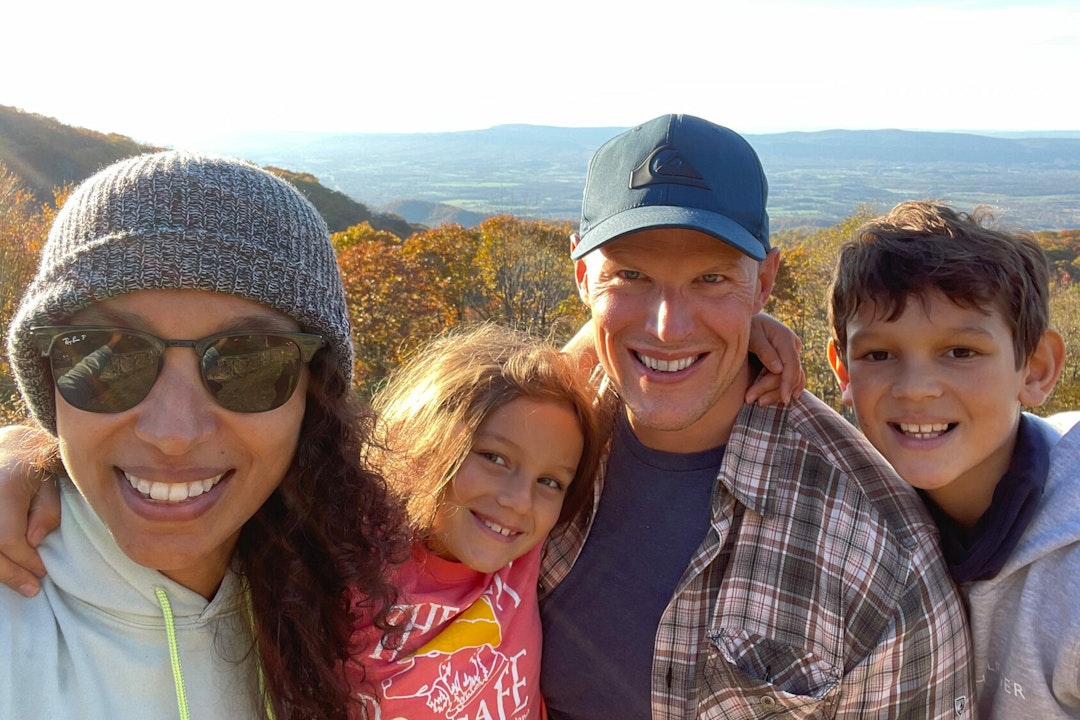
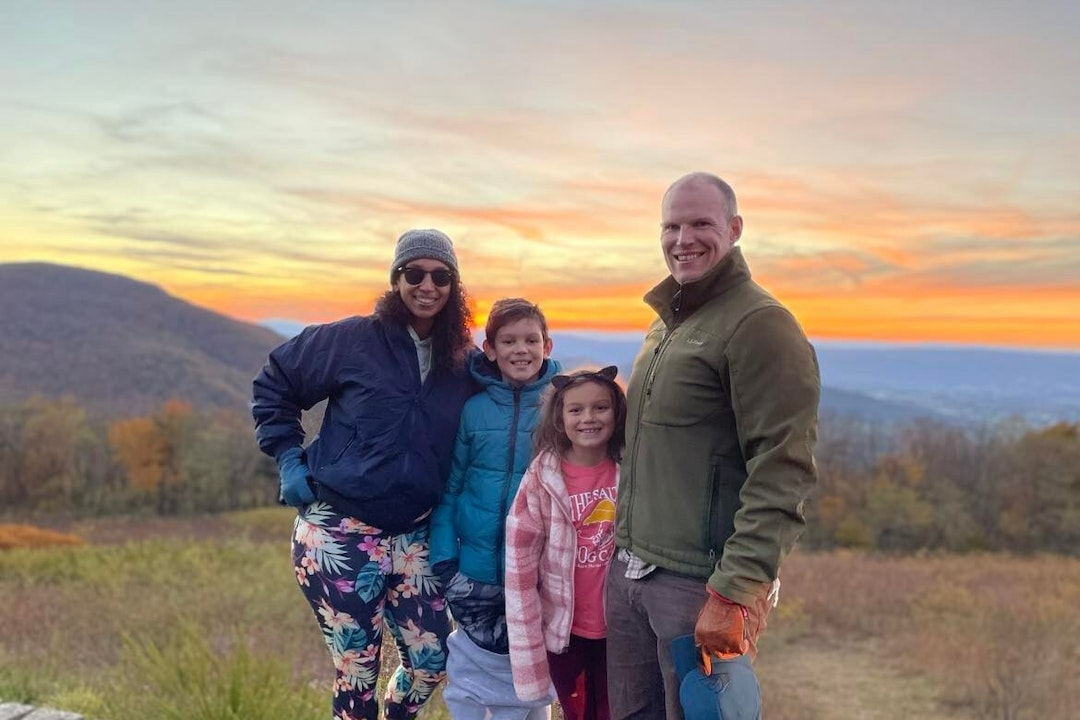
"We have really held on to this idea of being connected to the parks and being connected to nature and the outdoors to create cohesion within our own family unit, but then also to find ways to connect to our new communities,” Rawlinson says.
Seeing the impact that nature was having in her own family’s life, Rawlinson began managing the outdoors program at Blue Star Families. In this role, she organized a partnership with the National Park Service (NPS) to develop and deliver a recreational fishing program for military families across the country.
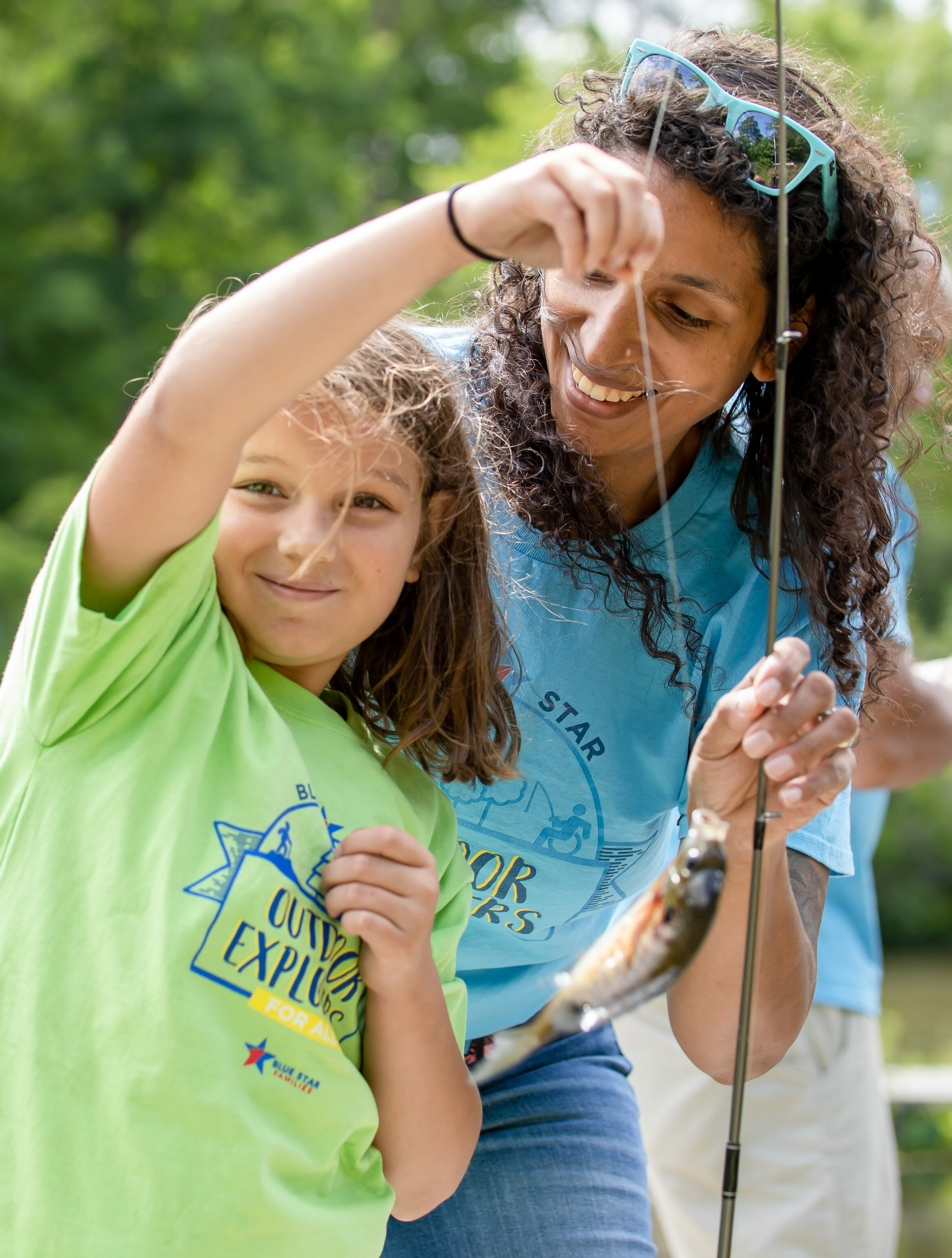
Children in military families are introduced to fishing through programs made possible by the National Park Foundation’s (NPF) Junior Ranger Angler program. NPF’s programs reach Blue Star Families in select chapters, including Jacksonville, Florida.
The concept is simple, but hugely impactful — make family friendly fishing clinics affordable and accessible, giving military families an outlet for outdoor recreation while building community in a new place. Blue Star Families provides all fishing gear and required licenses, as well as additional explorer packs curated to enhance families' outdoor experiences.
“Shared activities are great starting points for conversation. So if we are learning something new together, for example, we are learning how to fish together, there is this shared experience that's happening right there in that moment,” Rawlinson says. “It creates an opportunity for conversation and connection that maybe would not have happened before.”
Casting a Wider Net
Rawlinson also hopes the program will create new connections to the outdoors for families who may have previously felt excluded. That’s why the program isn’t a first-come, first-served model. Rather, Rawlinson asks families about their experiences in the outdoors to build an inclusive and welcoming cohort.
“And for me, that has been the most important element of building out this project is making sure that we are asking the right questions and we're asking them in a way that we're prioritizing families who need an introduction to the outdoors or would have the biggest possibility to benefit from that introduction to the outdoors.”
And once that introduction is made, the families can stay connected with Blue Star Families no matter where they move to next.
Rawlinson and her team describe the model as a national program, delivered at a chapter level. Participation isn’t limited to families in cities with established Blue Star Families chapters.
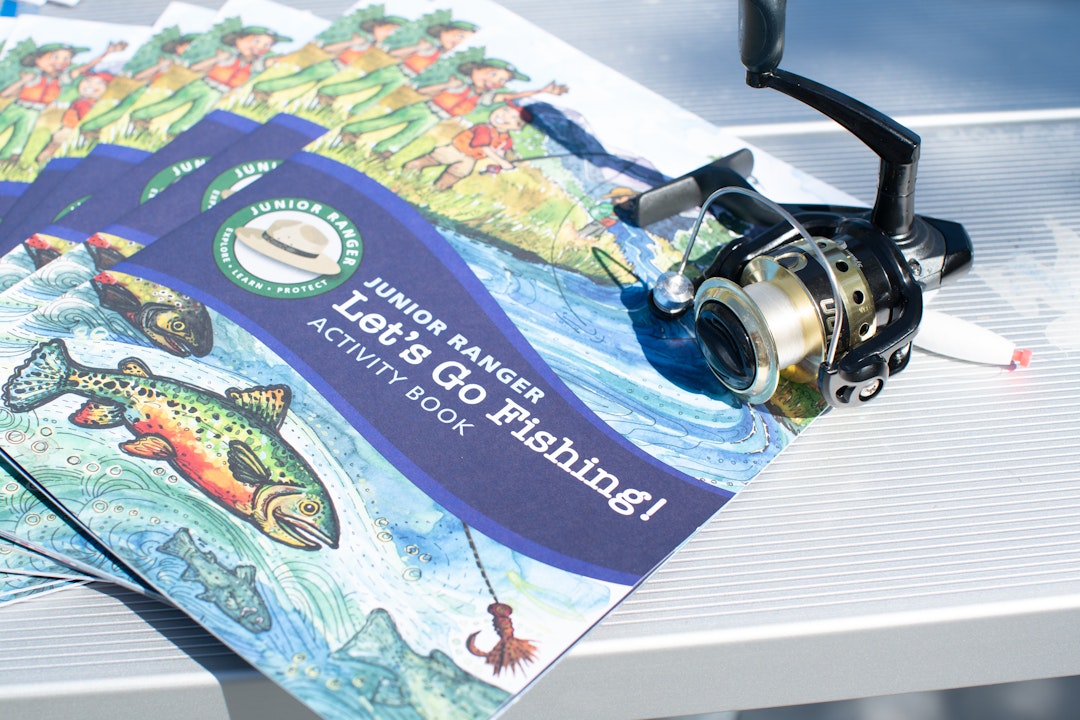
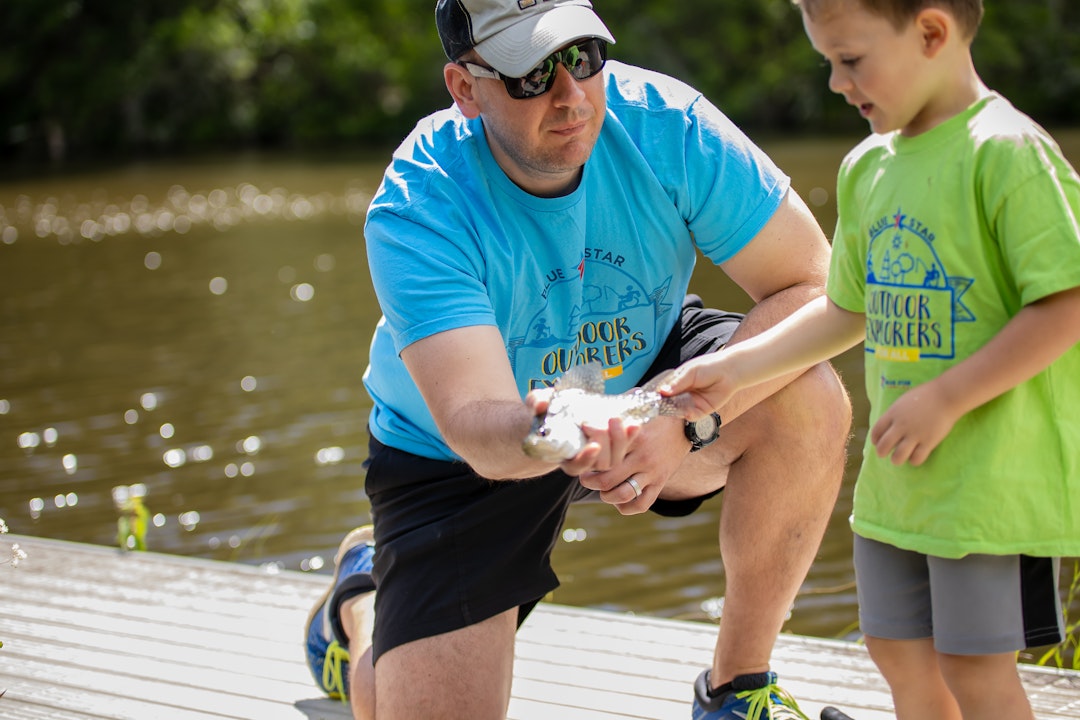
In 2021, half of all participants joined for virtual fishing clinics. Just like in-person participants, they receive all the gear they need through Blue Star Families. But for members without a local chapter, the instruction was hosted virtually — preparing families to then go out and explore parks in their own locale.
For virtual participants, each family still receives the NPS Junior Ranger Angler booklet, as well as badges they can bring to a national park to have a park ranger swear in the newly minted junior rangers.
A Global Impact
With more than 420 national parks, military families stationed from Hawaii to Maine have access to America’s most treasured places. The family fishing clinics help make that connection, says Rawlinson.
“Through this project we were able to introduce our families to other national park resources that specifically supported military families. And as a result of that, our families were able to not only attend our events but are also now going on trips and visiting national parks that they had not necessarily thought of before,” Rawlinson says.
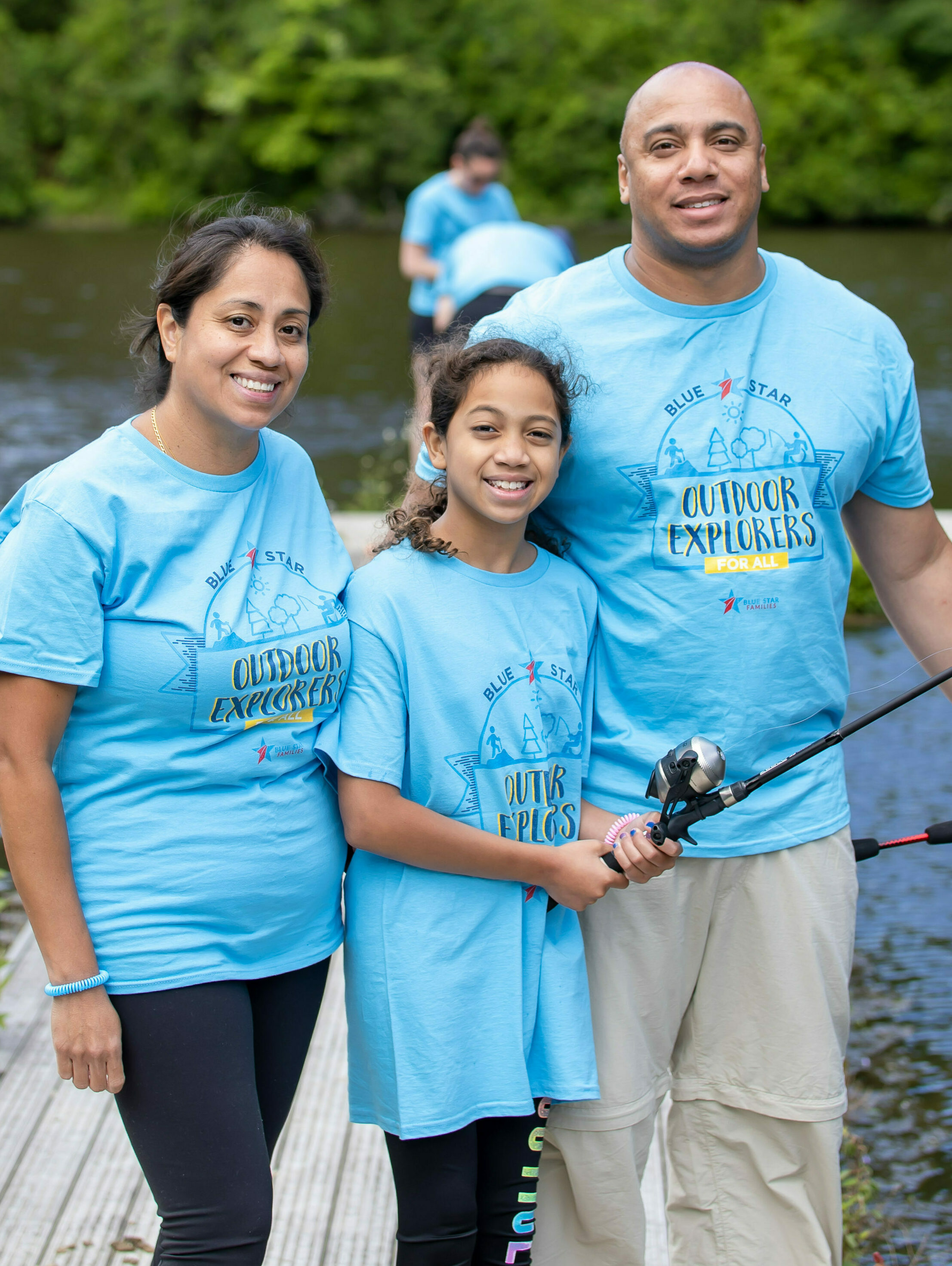
And the program even keeps national parks close to home for the military families overseas. A family participating in the Blue Star Families fishing clinics was moved to a base in Germany mid-year.
While there isn’t a U.S. national park nearby to enjoy, the family carried the spirit of the program and built their own outdoor community with outdoor exploration meet ups. They used the gear, activities, and resources provided by Blue Star Families and the NPS Junior Ranger Angler booklets to continue fostering community across the Atlantic.
“There was this moment where I was like wow, this is so much bigger than just going fishing in national parks,” Rawlinson says. “This is creating opportunities for people to really form solid relationships that are built on something meaningful.”
No matter where their military families lead, their Blue Star Families community and their connection to the outdoors can follow, says Rawlinson.
“When you can take your experiences with you and you can apply them anywhere, that is finding constant in a world of change."
Thanks To Our Partners
The National Park Foundation invested over $500,000 in 33 Junior Ranger Angler grants in fiscal year 2022, including support from Outdoor Exploration initiative premier partners Nature Valley and Subaru of America and supporting partners Niantic and Sun Outdoors. In the upcoming year, NPF plans to grow the Junior Ranger Angler program with additional grantees and projects.
Our Work
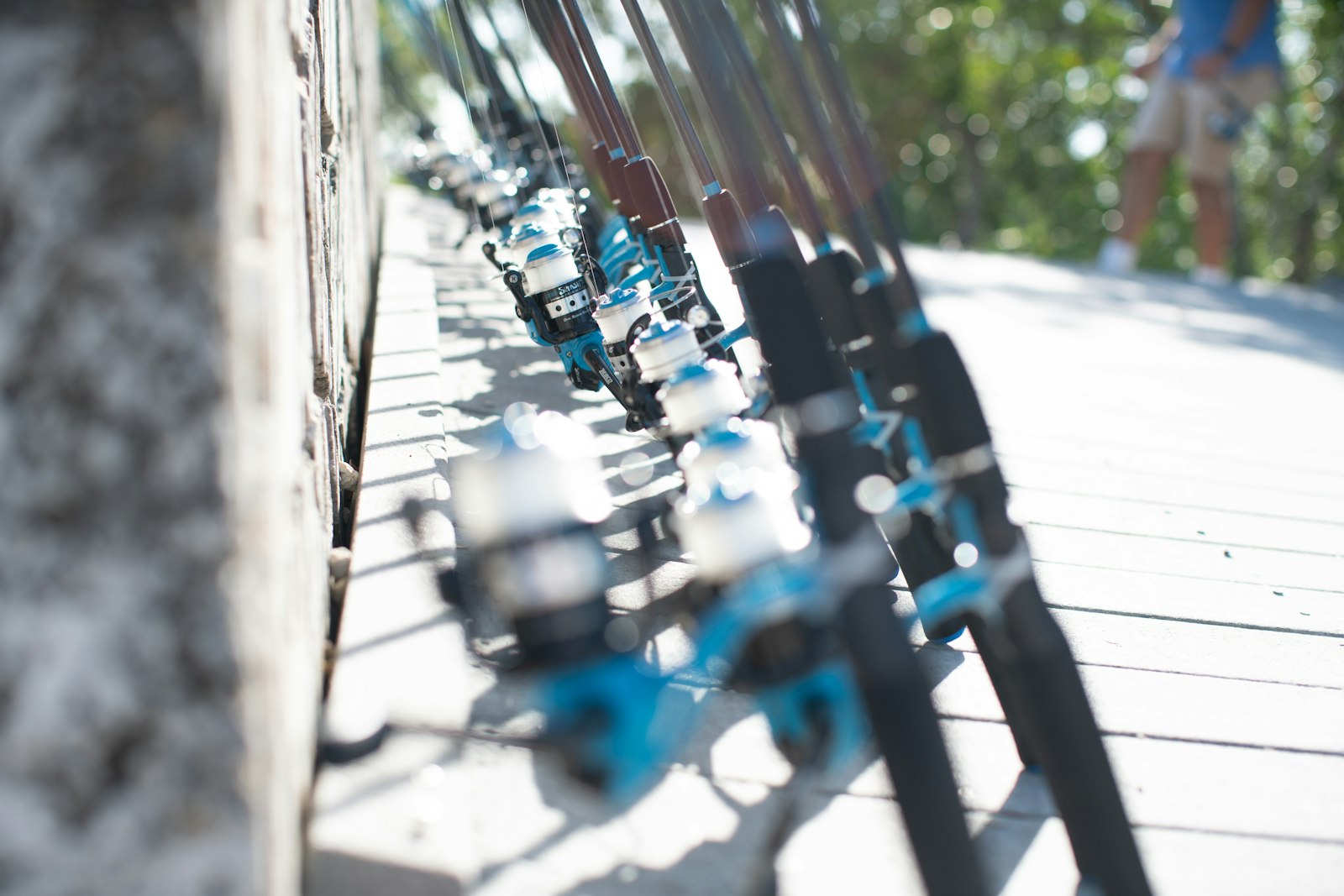
Share Your Passion for the Parks
You have the opportunity to help others experience joy and personal growth through outdoor recreation. Help fund NPF’s Outdoor Exploration programs to continue improving access to our national parks.

